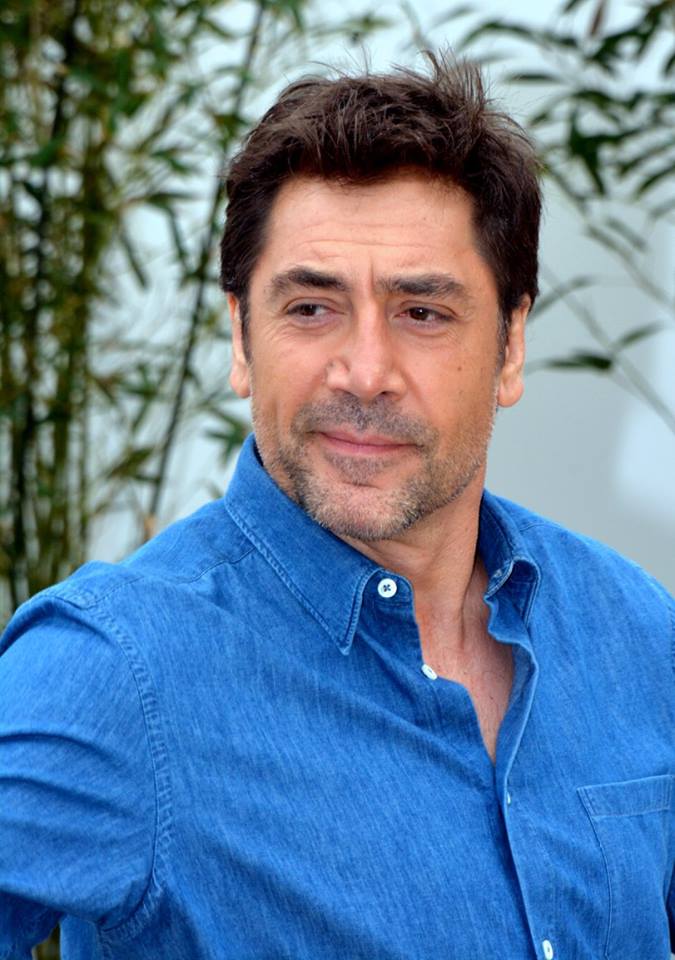Netflix’s “Monsters” series explores the Menendez brothers’ case, examining family dynamics, abuse allegations, and the sensational trial that captivated America in the 1990s.
Following the immense success of Dahmer, Ryan Murphy, and Ian Brennan return with a fresh installment of their Monster anthology series, delving into the lives and crimes of the notorious Menendez brothers.
Monsters: The Lyle and Erik Menendez Story, set to debut on Netflix on Sept. 19, features Nicholas Chavez and Cooper Koch as Lyle Menendez and Erik, the real-life siblings convicted in 1996 for the brutal 1989 killings of their parents, entertainment mogul Jose Menendez (portrayed by Javier Bardem) and his wife, Mary Louise “Kitty” Menendez (Chloë Sevigny). This true-crime dramatization arrives two years after its controversial predecessor became only the third Netflix series to exceed one billion viewing hours in its initial 60 days on Netflix while simultaneously sparking debate among critics and viewers over its portrayal of infamous serial killer Jeffrey Dahmer (Evan Peters).
“I never aimed to focus on Jeffrey Dahmer, the monster. I wanted to explore what shaped him,” Murphy explained to Variety in 2022, addressing the show’s controversy. “I think some people feel uneasy because all the characters are depicted as real humans. I get that and try not to judge it.”
The Lyle and Erik Menendez Story is being promoted as an inquiry into who the “true monsters” were in the Menendez brother’s case. The 10-episode season aims to examine whether the notorious siblings were cold-hearted killers after their family’s wealth, as prosecutors claimed, or victims of lifelong physical, emotional, and sexual abuse by their parents, as the defense argued and the brothers still maintain.
The Family Murders
On Aug. 20, 1989, Lyle and Erik, aged 21 and 18, entered their family’s Beverly Hills house den with 12-gauge shotguns and shot their parents, Jose and Kitty Menendez, 14 times, killing them. The brutality of the murders initially led police to suspect mob involvement.
About six months later, authorities received a tip from an unexpected source: Judalon Smyth (played by Leslie Grossman), the lover of Erik’s therapist, Dr. Jerome Oziel (Dallas Roberts). Smyth informed police that Erik had admitted to the killings during therapy in a psychologist confession and that audio recordings existed. The brothers were arrested in March 1990, leading to a years-long legal battle over the admissibility of Oziel’s recordings.

Javier Bardem at Cannes, May 2018
Photo credit: Georges Biard, CC BY-SA 4.0 <https://creativecommons.org/licenses/by-sa/4.0>, via Wikimedia Commons
The High-Profile Trial
In August 1992, California’s Supreme Court ruled that most of Oziel’s tapes could be used as evidence, except for the recording where Erik described the murders.
By the time their highly-publicized murder trial started on July 20, 1993, it was clear that Lyle and Erik had killed their parents. The main question was why.
Prosecution’s Case
The prosecution, led by Deputy District Attorneys Pamela Bozanich and Lester Kuriyama, claimed the murders were planned and driven by greed, suggesting an inheritance motive. They said the brothers had carried out the brutal shootings to get their parents’ $14.5-million estate. Their case was strengthened by the fact that, in the months between the killings and their arrests, Lyle and Erik had reportedly engaged in excessive spending of up to $700,000 of their inheritance on expensive items, business deals, and trips.
Defense’s Arguments
The defense, led by lawyer Leslie Abramson (played by Ari Gaynor), argued that the brothers had acted to protect themselves after years of abuse from both parents, focusing on Jose’s alleged sexual abuse allegations against both sons. Two of the brothers’ cousins, Andy Cano and Diane Vander Molen, backed up these claims, saying Lyle and Erik had told them about the sexual abuse when they were young, suggesting childhood trauma.
Shocking Revelations
Several shocking details came up during the Menendez trial, including claims that Jose was cheating on Kitty and hinted about Erik’s sexuality. Kuriyama told the jury in his closing statement that Erik was gay and “if the defendant was having consensual sex with other men, that would explain why he could describe his sexual encounters with his father in such detail.”
Media Frenzy
The six-month trial became a national sensation because it was shown live on Court TV (now TruTV), a cable network that started two years earlier and gave viewers live coverage of the trial and expert commentary. The Los Angeles Times’ Ann O’Neill described the media frenzy around the case as “a soap opera wrapped in a psychodrama.”
Verdict and Sentencing
The brothers were tried at the same time but with separate juries. Neither jury could agree on whether Lyle and Erik were guilty of manslaughter or murder, resulting in deadlocked juries. This led to a mistrial, and it was quickly announced that the brothers would be tried again. During the second trial on Oct. 11, 1995, Judge Stanley Weisberg used only one jury to decide the brothers’ fate. He also didn’t allow the trial to be televised, limited testimony about sexual abuse claims, and didn’t let the jury vote on manslaughter charges instead of murder charges.
On March 20, 1996, Lyle and Erik were both found guilty of two counts of first-degree murder conviction and conspiracy to commit murder. In July, they were sentenced to multiple life sentences without the chance of parole.
After over ten years of failed appeals in California’s courts, Lyle and Erik accepted their fate of lifelong imprisonment. In early 2017, Lyle Menendez now told ABC News he had come to terms with his actions.
“I’m the kid who killed his parents. No amount of tears or regret has changed that,” he admitted. “I accept it. People often define you by a few moments, but that’s not your whole life. Your life is the sum of all parts…You can’t change it. You’re stuck with your choices.”
Recent Developments
However, recent developments led the brothers’ lawyer, Cliff Gardner, to file for a new hearing that could result in a retrial. The first breakthrough came in early 2023 when Roy Rosselló, a former member of the Puerto Rican boy band Menudo, claimed Jose sexually assaulted him as a teen after signing Menudo to RCA Records in the mid-1980s.
A second development was an uncovered letter that Gardner claims Erik Menendez now wrote to his cousin, Andy Cano, in December 1988. Cano passed away in 2003. The letter allegedly details Jose’s sexual abuse, stating in part: “I’m trying to avoid dad. It’s still happening, Andy, but it’s worse now…I stay up every night worried he might come in…I’m scared…He’s unstable. He’s warned me countless times not to tell anyone, especially Lyle.”
Gardner has presented Rosselló’s affidavit and Erik’s supposed letter as new evidence to argue that the Menendez convictions should be overturned. The following steps in the case are yet to be determined.
Enduring Fascination
The Menendez brothers’ 2023 developments have reignited interest in the case, with some wondering if cultural attitudes shift could impact how the brothers’ abuse claims are viewed today. The upcoming Menendez brothers documentary on Netflix, with its September 19 release date, is sure to bring even more attention to the story of why the Menendez brothers killed their parents. As reported by Robert Rand for Vanity Fair, the fascination with the Menendez brothers endures, from their infamous 911 call to the many lingering questions about Lyle Menendez wife and the brothers’ lives at the RJ Donovan Correctional Facility today.
Source:
Megan McCluskey (September 19, 2024). The True Story Behind Ryan Murphy’s Menendez Brothers Series. Times. https://time.com/7021108/monsters-menendez-brothers-true-story/. Accessed September 19, 2024
You may also like to read:
Miley Cyrus Sued: “Flowers” Accused of Copying Bruno Mars
Tito Jackson, Jackson 5 Guitarist and Singer, Passes Away at 70
